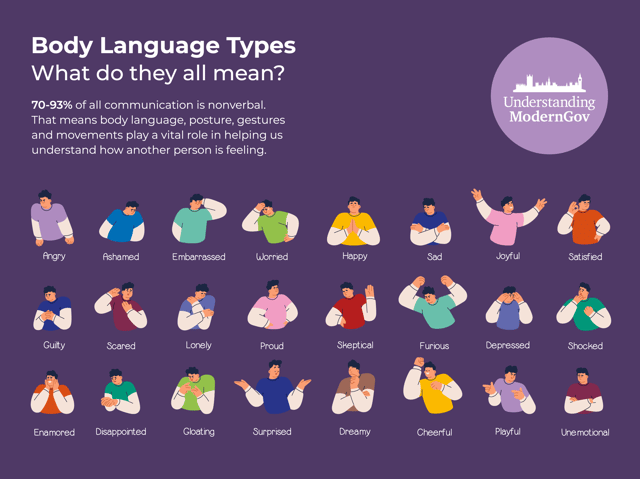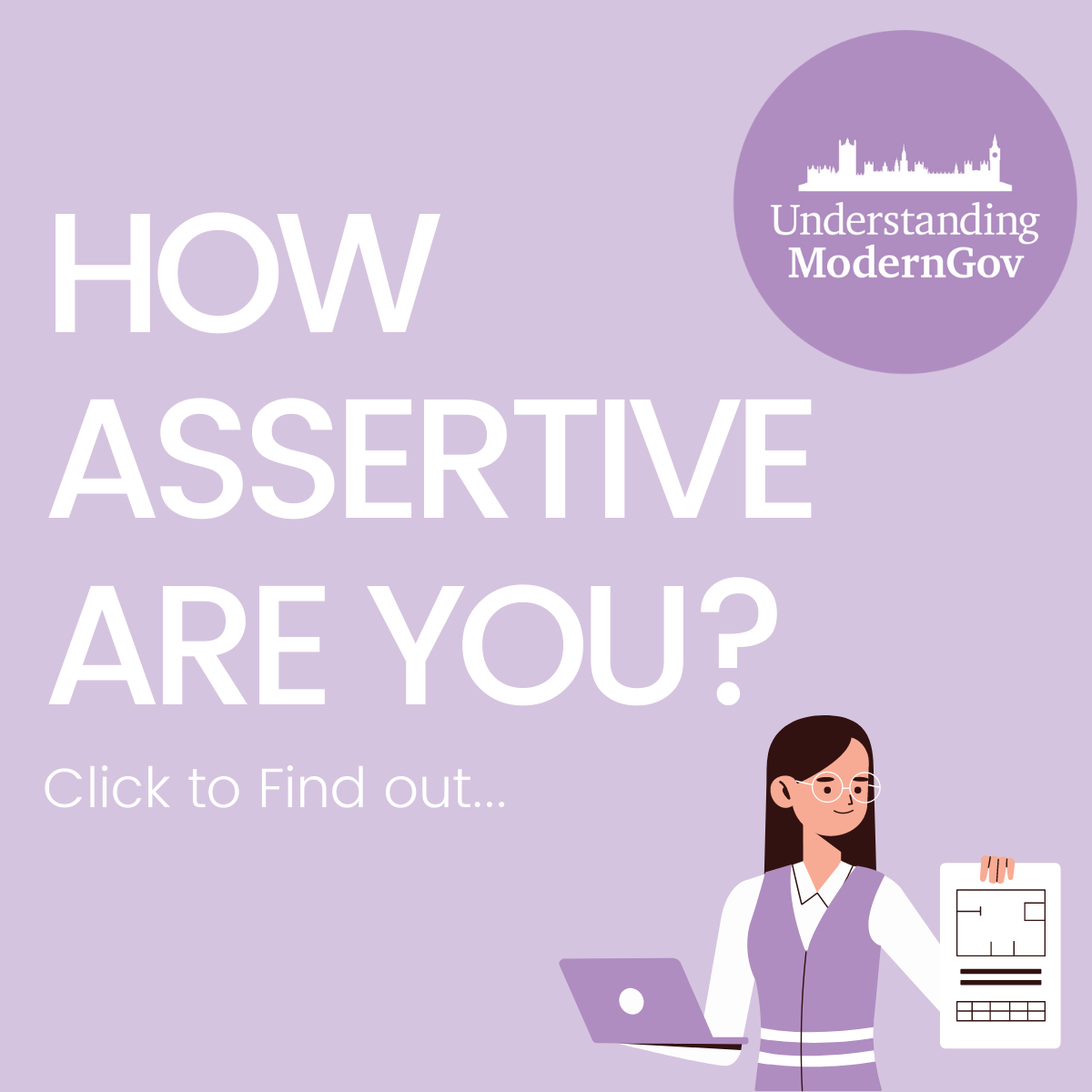6 Proven Ways to Have Better Conversations and Become Socially Electric
 Chloe Martin
·
6 minute read
Chloe Martin
·
6 minute read
Some people can naturally talk and talk. While others struggle to make small talk for a quick conversation in the work corridor.
Whether you’re either of these two or somewhere in between, the concern isn’t what to talk about, it’s about boosting your conversation skills so you can keep a good natural conversation going.
In this post, we cover what makes a conversation “good,” how to be a strong conversationalist and 6 ways to have a better conversation.
Whether you want to build stronger relationships from your conversations or become socially electric so everyone wants to talk to you, we’ve got the tips you need to have better conversations.
Before we get started, it’s important to cover what is classed as a “good conversation” and what makes someone a good conversationist so you can continue to build your conversation toolbox for the future.
What Exactly is a “Good Conversation”?
A good conversation is all about the balance between staying on topic, changing it up, answering questions and asking them – all while visibly showing your interest in the other person. Whether you are speaking to someone you’ve just met at a networking event, or just a colleague from another department, building those relationships and connections through good conversation is important.
What Makes Someone a Strong Conversationist?
Are there people you know that you love talking to? Or anyone that the conversation just flows naturally with? Think about why, why do you like talking to that person, what is it about the conversation that makes it flow?
Strong conversationalists often share the same qualities, these can include:
- Curiosity – A great conversation is based on shared interests in each other. Curious people ask genuine questions, which means the conversation will naturally last longer without feeling forced.
- Empathy – Are you an observant listener? Or do you rush to get your point across? Having empathy in conversations is important to show the other person you care about what they are saying. This can also be shown through things like body language and tone of voice. Dale Carnegie, author of the bestselling book, How to Win Friends and Influence People, said: "People who can put themselves in the place of other people, who can understand the workings of their minds, need never worry about what the future has in store for them."
- Confidence – Good conversationalists don’t spend their time stressing about how uncomfortable they may be, or if they’re going “off-script.” Be confident in your questions, and answers and don’t let awkward moments keep you up at night.
It’s important to understand that a good conversation requires work and effort from both sides. But what can you do if you get stuck in those one-sided conversations? Unfortunately, there’s not a whole lot you can do as it’s down to the person putting a lack of effort and interest in the conversation. This can be frustrating as there may be many reasons why a person is making one-sided conversations.
The best thing you can do is make sure your conversation skills are top-notch so you can avoid having any one-sided conversations. Whether there’s someone new on your team or you want to have a good conversation with a key stakeholder in your organisation, these 6 tips will help you have a good, natural conversation with anyone.
7 Ways to Have Better Conversations
1. Have a conversation intention
When you think about it, most or even all the conversations we have already have a purpose or intended direction. Whether the other person is aware of your intended direction is another thing, but you wouldn’t get in your car and start driving if you didn’t have an end destination. A conversation is exactly the same.
Whether you’re speaking to a new potential client or stakeholder, make sure you are fully aware of the purpose of the conversation before you get started. Purpose gives us confidence, and courage and boosts our influencing skills.
2. Keep useful conversation openers in your back pocket
The hardest part of any conversation is the opening. If you tend to agonise over the perfect way to start a good conversation, it’s likely it will go south. Research suggests the best way to start a conversation is the classic, “Hello, how are you?”. It’s simple, but it opens the floor and gets the ball rolling onto the real intention of the conversation.
When thinking of conversation starters, using context is a great way to get started. Say you’re at a work event or a get-together with other colleagues, think about the environment you’re in and the person you are talking to. For example, “Do you know this speaker?” “Have you been to an event like this before?” or “What are you working on right now?”
3. Use stories to captivate attention
One of the best ways to keep your conversation partner interested is to tell engaging and captivating stories. Even if you’re offering advice, using storytelling will help the listener get involved and actually remember the advice you’re giving. Stories give us physiological responses, so even though stories are not the most direct way to tell someone something, they are a great way to mentally capture a listener.
But, no matter how funny or interesting you think your stories are, don’t be a conversational narcissist (a person who constantly talks about themselves and nothing else). Encourage other people to share their thoughts, and stories and think about how equal your talking is.
Related: How can You use Storytelling Within Business
4. Be 100% present
Have you ever had a conversation with someone who is visibly not 100% present? When this happens, it’s not only disappointing, but it’s also quite rude and can completely rule out any potential future conversations with this person. If you find yourself not 100% focused on that person at that moment, or if thoughts come into your mind during the conversation, let them go and stay focused.
If you show that you’re present, focused and truly listening, you’ll find the conversation will naturally flow, no hard feelings will be left unsaid and the other person will believe you're interested. Carnegie also said in his book, How to Win Friends and Influence People, "You can make more friends in two months by becoming interested in other people than you can in two years by trying to get other people interested in you."
Developing your active listening skills is a great way to show that you’re not just listening to reply. Learn more about active listening here.
5. Use open-ended questions
Open-ended questions allow for an array of answers and help you gain a deeper understanding of the topic or opinions in discussion. If you always ask closed questions, your conversations simply won’t last and will probably make your conversation partner feel frustrated that they haven’t been given the opportunity to explain their thoughts fully.
This TED Talk from Andrew Vincent questions whether we're asking the right questions. We're always on the hunt for answers, but are we asking the best possible questions to find those answers?
6. Use body language and visual cues
Body language and visual cues are golden keys to truly understanding how another person is feeling during a conversation. A good trick to remember is the ‘Eyebrow raise.’ Across many cultures, a raised eyebrow signifies we find something interesting – which gives you clues as to what topics they are more interested in discussing further.
While it’s important to use your conversation partner’s nonverbal conversation cues as a helpful guide, it’s likely they will be doing exactly the same. Think about how you’re sitting, the facial expressions you make and whether you are 100% visually present in the conversation.
Take a look at the graphic below to see the many examples of body language types and what they all mean if you need a helping hand.
7. Improve your small talk
As much as we all don't want to admit it, small talk is an essential part of many conversations. It helps to build a scene and set the rapport for the conversation to take place. Here are four quick tips to improve your small talk:
- Use your surroundings for support - Whether you're at the same event or a place where people have the same interests, use your environment to start a conversation. This is using a shared reality and can be a great way to reduce awkwardness.
- Choose personalised topics - No one likes talking about the weather with three different people for 10 minutes each time. Try to find other conversation starters that could lead to more interesting conversations for both of you - "How was your weekend?" is a good starting point.
- Avoid talking about work - This is a tired question that many people don't actually enjoy talking about. By not talking about work, you can get into deeper and more meaningful conversations. Remember: what you do for work is only one part of you and your personality.
- Avoid one-word answers - To have a strong conversation, you need to put the effort in too. If someone asks you a question and you reply with "Yes, it was fun", that puts the other person under pressure to save or even sink the conversation and move on.
Supercharge Your Verbal Communication Skills with our Courses
From learning how to speak with confidence to gaining unmissable tips to influence and negotiate upwards, our verbal communication training courses are led by experts and backed by our years of experience in public sector training. View upcoming courses and what you could learn.
2+ years in SEO and content marketing. Striving to help public sector professionals develop their skills and learn something new through high-quality content.







